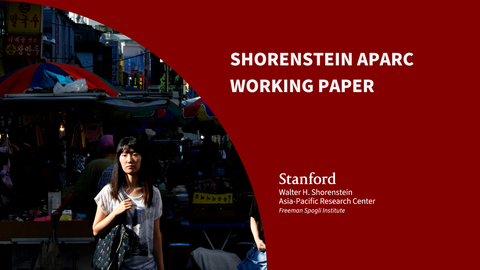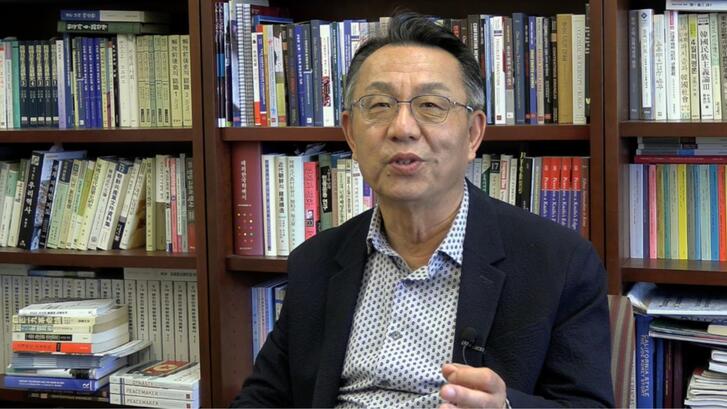This is part of Global Research Workshop series: Developing an Interdisciplinary Research Platform Toward ‘Next Asia’ co-sponsored by Stanford Global Studies.
This study critically examines the discourse of racism “denial” across 16 countries in Northeast, Southeast, and South Asia, through analysis of state reports submitted to the United Nations Committee on the Elimination of Racial Discrimination (CERD) over a 45-year span. Using critical discourse analysis, this study identifies and classifies patterns of denial—literal, interpretive, and ideological—with inductively developed subcategories. The significance of this work lies in its exploration of denial as more than a rhetorical tool for deflecting accusations; rather, denial functions as a deeply embedded mechanism within state discourses, shaped by social, political, and religious values, as well as by struggles for national liberation, unity, and security. By unpacking these layers in historically and comparatively informed ways, this research reveals how various forms of denial hinder public engagement and intellectual acknowledgment of racism, providing valuable insights that support frameworks for anti-racist policies and advocacy efforts.
Presenter:
Junki Nakahara is a postdoctoral fellow at the Stanford Next Asia Policy Lab, housed within the Shorenstein Asia-Pacific Research Center. Her research interests include nationalism, critical and cultural studies, feminist media studies, and postcolonial and decolonial international relations. She studies the contemporary dominance and institutionalization of nationalism, entangled with racism, xenophobia, historical revisionism (e.g., denial of wartime atrocities), and misogyny, primarily focusing on East Asia. Nakahara earned her PhD in Communication (2023) and MA in Intercultural and International Communication (2019), both from American University. Her publications include contributions to New Media & Society, Asia-Pacific Journal: Japan Focus, and Discourse Approaches to an Emerging Age of Populism (edited by I. Íñigo-Mora & Lastres-López).
Discussants:
Vasuki Nesiah teaches human rights, legal and social theory at NYU Gallatin school where she is also faculty director of the Gallatin Global Fellowship in Human Rights. She has published on the history and politics of human rights, humanitarianism, international criminal law, reparations, global feminisms, and decolonization. A founding member of Third World Approaches to International Law (TWAIL), she is co-editing TWAIL: A Handbook. She has ongoing book projects including International Conflict Feminism (forthcoming, University of Pennsylvania Press) and Reading the Ruins: Colonialism, Slavery, and International Law. She has taught globally through Harvard Law School’s Institute for Global Law and Policy and previously worked as a human rights lawyer at the International Center for Transitional Justice, where she founded the Gender Program.

Sharika Thiranagama’s research examines the intersections of political mobilization and domestic life in contexts marked by violence, inequality, and intense political engagement. Her work is grounded in Sri Lanka and Kerala, South India, focusing on themes of war, displacement, family, caste, and gender. Her book, In My Mother’s House: Civil War in Sri Lanka, explores the impact of civil war on Sri Lankan Tamil and Muslim minorities, addressing themes of intergenerational relations, militarization, and post-war life. In Kerala, her research centers on Dalit agricultural laborers and the lasting legacies of caste and enslavement, discussing household economies, caste, and neighborhood dynamics. Her upcoming work will revisit inheritance and caste in post-war Sri Lanka, focusing on Tamil and Muslim communities in Jaffna.























